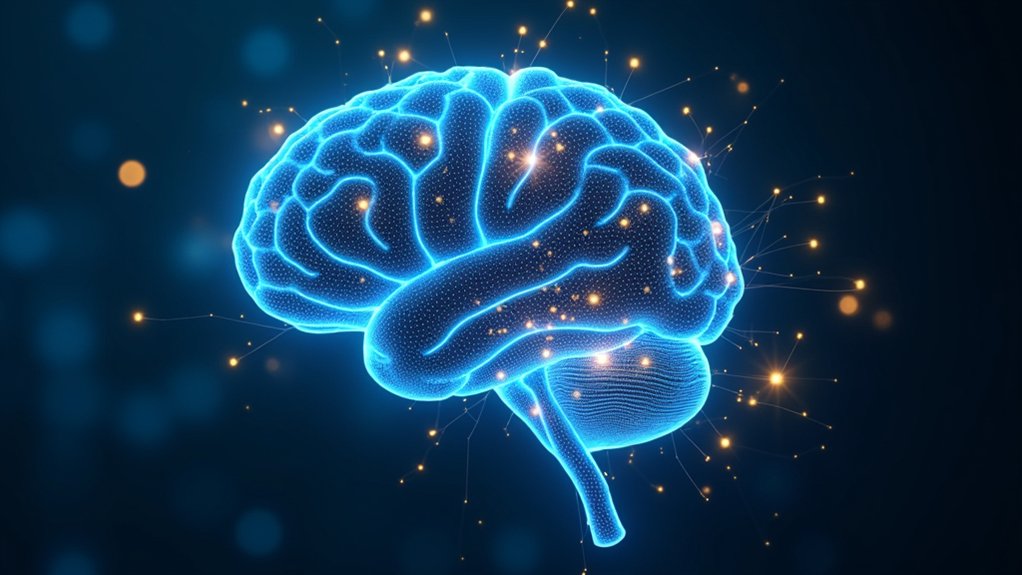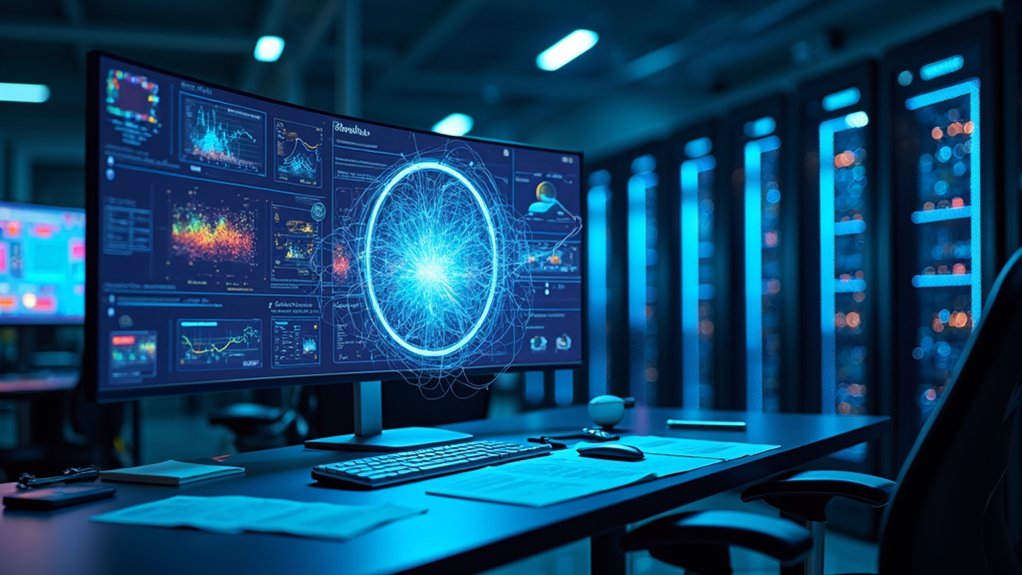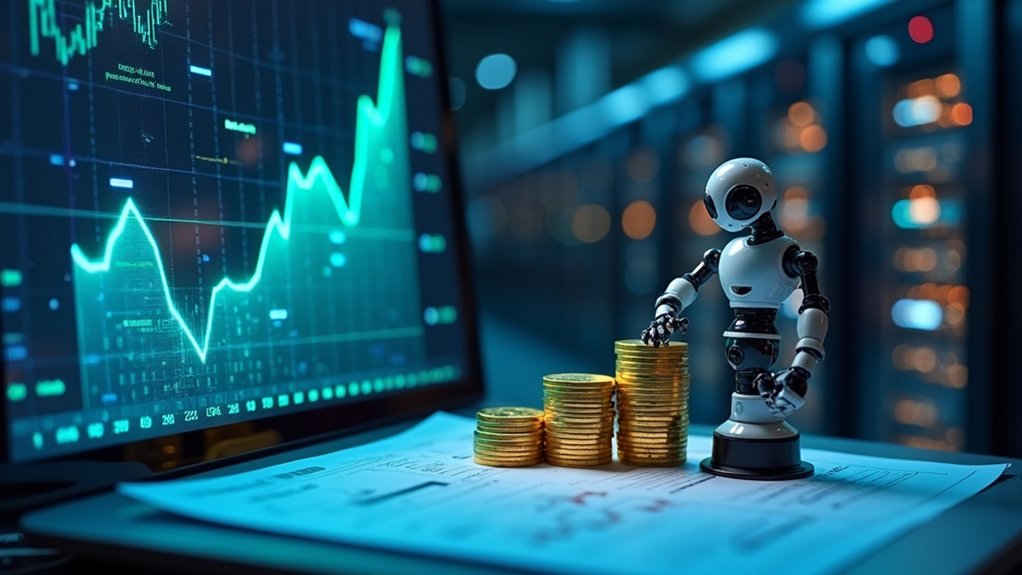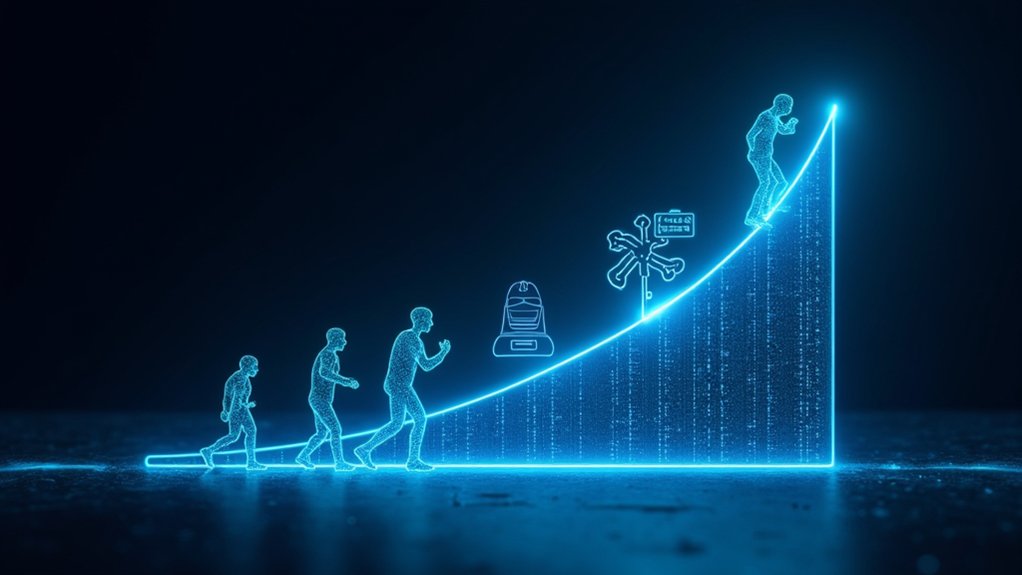Responsible AI is a set of principles and practices that guarantee artificial intelligence systems are ethical, fair, and safe. It focuses on making AI transparent, accountable, and respectful of privacy while preventing harm or discrimination against any groups. Companies across industries implement these guidelines to build public trust and comply with new regulations. These principles become increasingly important as AI technologies continue to expand their role in everyday life.
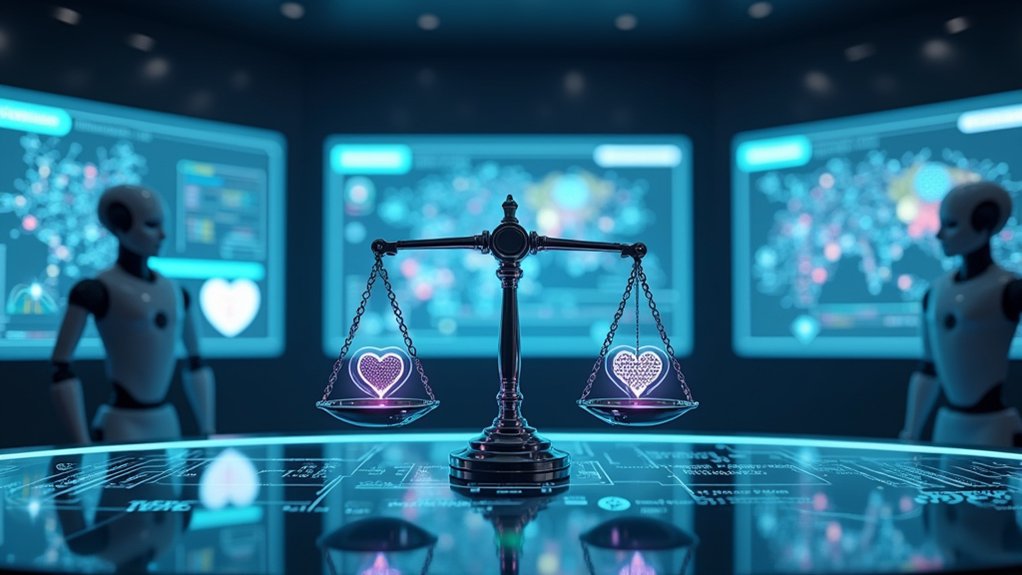
As technology continues to advance at a rapid pace, Responsible AI has emerged as an essential approach to developing artificial intelligence systems. This concept focuses on creating and using AI in ways that are ethical, safe, and beneficial for society. Developers who practice Responsible AI aim to build systems that people can trust while minimizing potential harms.
The core of Responsible AI revolves around several key principles. Fairness guarantees AI doesn't discriminate against certain groups. Transparency makes AI decision-making understandable to users. Accountability establishes who's responsible when systems don't work as intended. Privacy protects user data from misuse, while safety measures prevent AI from causing harm.
Companies worldwide are adopting these principles in various industries. Tech giants have created ethical guidelines for their AI products. Banks use responsible practices when applying AI to financial decisions. Hospitals implement these principles to protect patient information while improving care through AI.
The importance of Responsible AI continues to grow as these technologies become more common in daily life. It helps build public trust in new AI tools. It also helps companies follow new laws about how AI should work. Setting clear objectives for AI applications ensures alignment with organizational needs and ethical standards. By focusing on ethics early in development, organizations can avoid problems later.
Putting Responsible AI into practice isn't easy. Teams face challenges like finding and fixing biases in their data and algorithms. They must balance innovation with safety constraints. Making complex AI systems transparent and explainable remains difficult. Tools like the Responsible AI scorecard provide customizable reports for stakeholders about model health and compliance. Responsible practices also address evolving threats associated with AI technology deployment to protect users and systems.
Looking ahead, experts predict more focus on teaching Responsible AI principles in schools and workplaces. New tools for checking AI systems will become standard. Global frameworks for AI governance are being developed to create consistent rules across countries.
As AI becomes more powerful, the commitment to developing it responsibly becomes more critical. This approach guarantees that artificial intelligence serves humanity's best interests while minimizing its risks.
Frequently Asked Questions
How Does Responsible AI Balance Innovation With Ethical Constraints?
Responsible AI balances innovation with ethics through several key approaches.
Companies use ethics boards to review new AI systems before launch. Developers build in safety features from the start. Regular testing checks for bias and harmful effects.
Governments create rules that allow progress while preventing misuse. Public-private partnerships help align technical advances with society's values.
This balance guarantees AI benefits people without causing unexpected harm.
Can Responsible AI Truly Eliminate All Algorithmic Biases?
Responsible AI can't fully eliminate all algorithmic biases. Experts note that biases in training data, complex system interactions, and human design choices make complete elimination impossible.
While techniques like diverse datasets and continuous monitoring help reduce bias, challenges remain. These include varying fairness definitions, the difficulty of detecting subtle biases, and potential performance trade-offs.
The field continues to develop better detection and mitigation strategies.
Who Determines the Ethical Standards for Responsible AI?
Ethical standards for responsible AI aren't set by any single authority. Instead, they emerge from a complex mix of governments, companies, academic institutions, and multi-stakeholder groups.
The EU's AI Act, China's Development Plan, and the OECD AI Principles create regulatory frameworks. Meanwhile, companies like Google and Microsoft establish their own guidelines.
Research institutions and global initiatives like UNESCO further shape these evolving standards.
How Is Responsible AI Regulated Across Different Countries?
Regulation of responsible AI varies greatly worldwide.
The EU leads with its extensive AI Act, using a risk-based approach with strict penalties.
The US lacks federal laws but relies on executive orders and state-level rules.
China maintains tight state control with content moderation requirements for AI systems.
Globally, over 1000 AI policy initiatives exist across 69+ countries, addressing ethics, transparency, and accountability while balancing innovation needs.
What Metrics Measure an AI System's Level of Responsibility?
Metrics to measure an AI system's responsibility include various fairness indicators like demographic parity and equalized odds.
They also track transparency through LIME and SHAP values that explain AI decisions.
Privacy metrics cover differential privacy values and encryption strength.
Accountability is measured by the presence of ethics boards and frequency of impact assessments.
These metrics help evaluate if AI systems meet responsible development standards.
